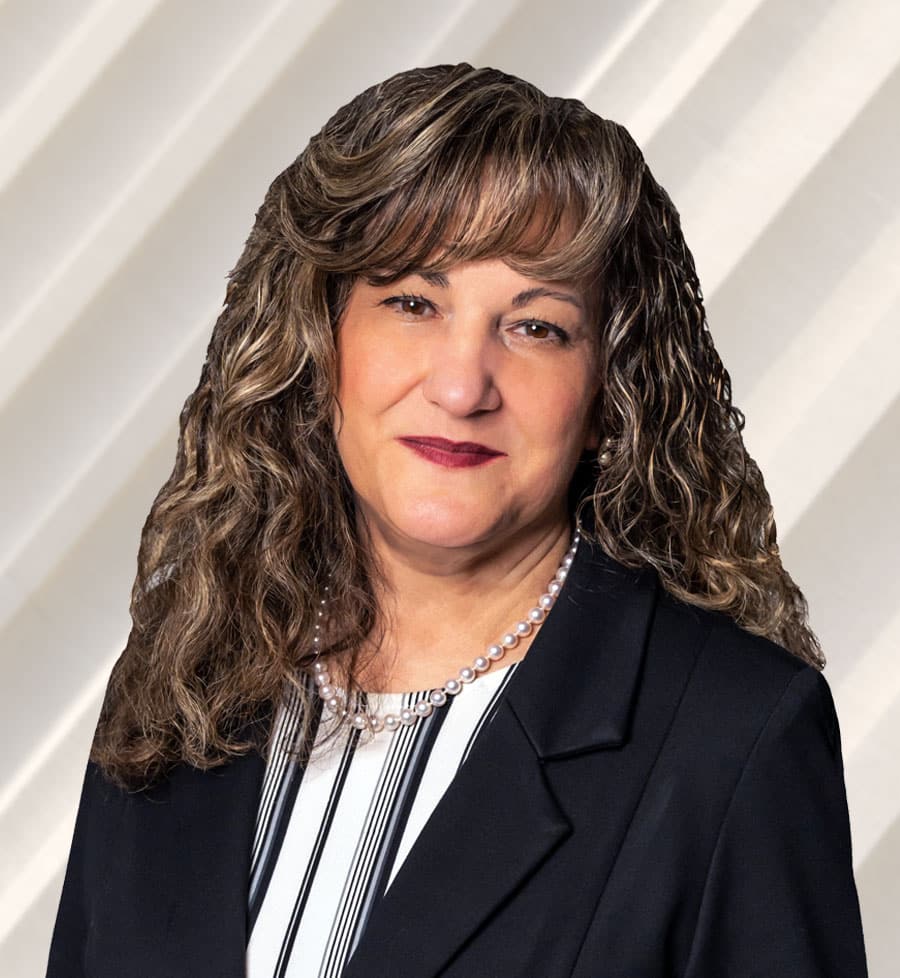
Estate Planning is important for everyone, no matter your age or amount of wealth.
Contrary to what most people believe, having an estate plan in place is important for everyone no matter your age or how much or little wealth you own. Having a plan in place provides you comfort in knowing:
- That your wishes will dictate to whom and how your assets will be distributed upon your demise rather than your state’s court system deciding who your heirs are and how much they will receive.
- There are named guardians for your minor children, if applicable, as accidents unfortunately do happen.
- That your needs and that of your family are being met.
- That your family wealth and privacy are being protected.
- You are minimizing on paying taxes and expenses allowing more assets to pass to your beneficiaries rather than to federal and state tax authorities.
- Your assets have been retitled and consolidated for your simplicity and for easy access by your executor and beneficiaries.
- You have trusted individuals in place to act in the event of your incapacity.
- You have a solid plan not only for the distribution of your assets but also that of your legacy which includes family values and charitable intentions.
- You have individuals in place who can immediately care for your beloved pets
One of the most important aspects of estate planning that is overlooked is having the proper documents in place so that your family or other trusted individual can step in upon your incapacity even if it is only temporary. It is important to become familiar with all these estate planning documents:
- Health Care Power of Attorney (also referred to as a health care proxy)
- Last Will and Testament
- Living Will (also referred to as advance directive)
- Durable Power of Attorney
- Revocable and Irrevocable Trusts, if applicable
- Burial Directive
- Digital assets authorization and information for accessing email accounts, on-line bank, and investment accounts, etc. (can also be incorporated in your Will and/or Trust)
- Appointment of Conservator
Many people who have estate planning documents in place believe their plans are in good order and nothing needs to be done further however, in most situations this is not true. The following should be seriously considered regarding an updated review of your estate plan.
- Depending on when your documents were executed, tax and probate laws may have changed and could affect your initial plan. Therefore, your documents should be reviewed every 3-5 years regardless of any life changes you may have incurred.
- If you execute a trust agreement and do not retitle your assets so that your trust is the owner, you have defeated the purpose and advantages of creating it.
- Your named trustees, executors, health care agent, and agent for your power of attorney may no longer be able to act in carrying out your plan or have passed or relocated.
- You or your family may have had life changes since your plan was executed whether it is regarding a relocation, health changes, financial changes, divorce, marriage, or new additions to your family.
- Estate distributions you considered many years ago will have a different value today and it may be more appropriate for a beneficiary(s) to receive their inheritance through a trust rather than outright. This also includes protecting an inheritance to a beneficiary who may have a disability and collects state or federal assistance.
- Beneficiaries of your estate should be coordinated with your beneficiary designations on retirement accounts and life insurance policies. When life changes take place, for
example, a divorce or a death of a beneficiary, updating your beneficiary designations on these types of assets is imperative. If your beneficiary has since passed and you did not name a contingent beneficiary to that person, that asset will be distributed to that individual’s estate which is probably not what you intended.
On many occasions people procrastinate in updating their designations believing they have plenty of time to do so. Anything can happen at any given time and there have
been many situations for example, where a prior spouse receives her ex-husband’s life insurance benefit in lieu of the current spouse resulting in conflict and in many cases family hardship.
Want to connect? Contact me at 860 567-6408 or rgraczyk@unionsavings.com
Disclaimer: The commentary provided is for informational purposes only and is not intended to provide legal, tax, investment, or accounting advice.



